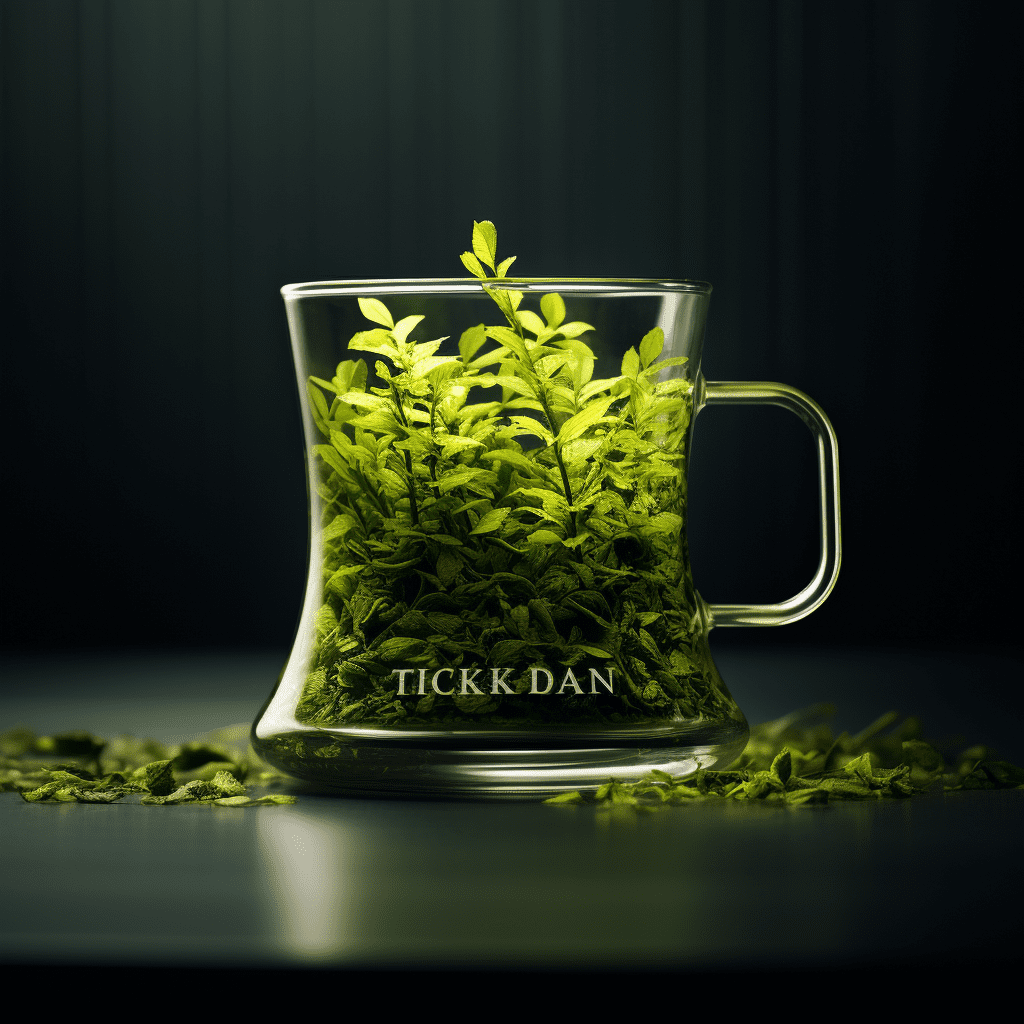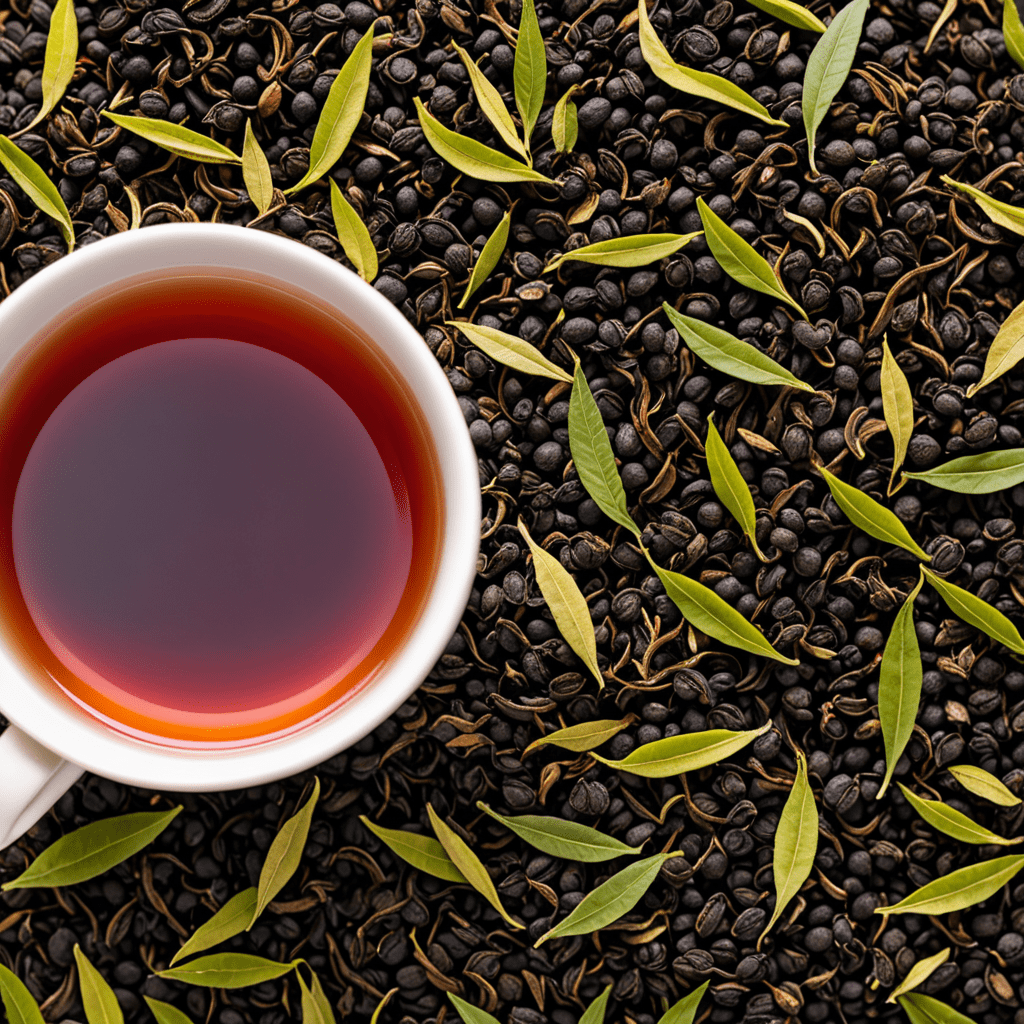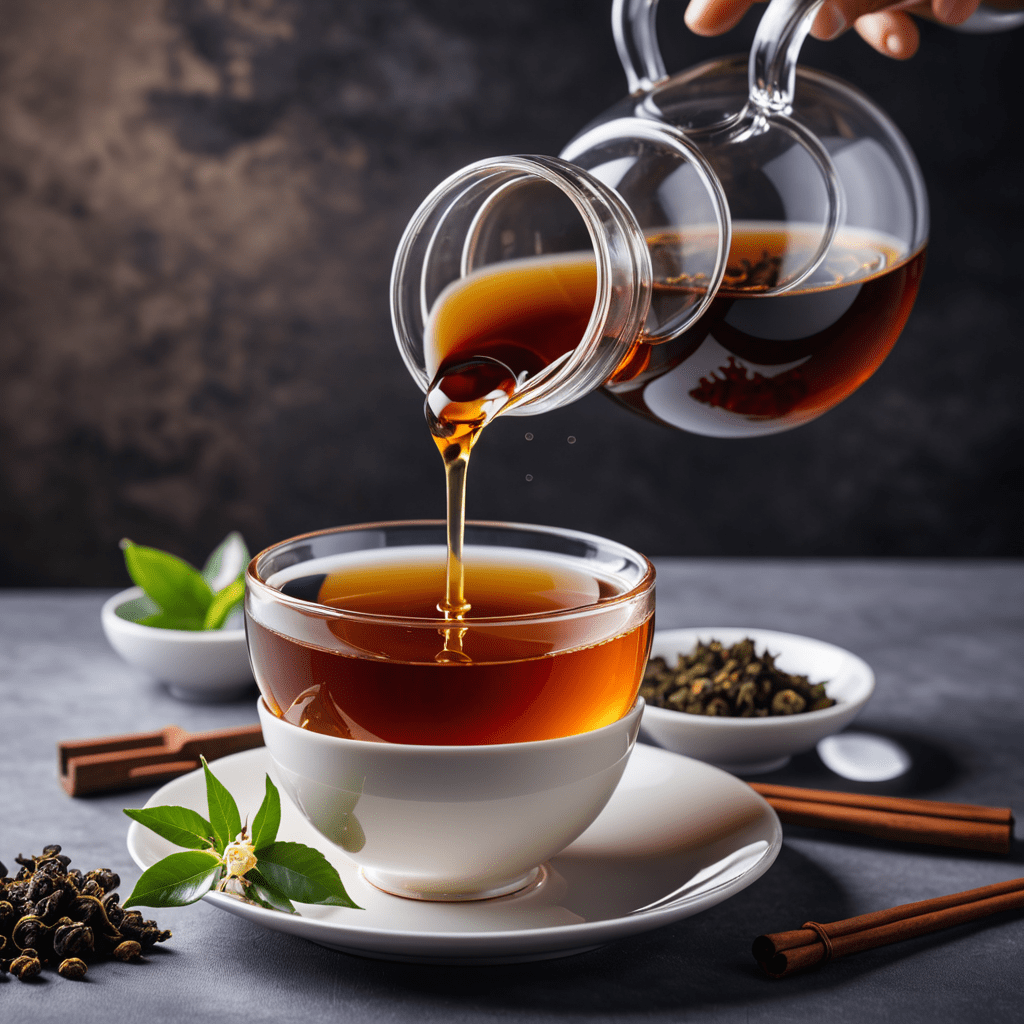
How Much Caffeine is in Kirkland Green Tea?
Green tea is a popular beverage known for its refreshing taste and potential health benefits. Kirkland is a well-known brand that offers a range of tea products, including green tea. If you’re wondering how much caffeine is in Kirkland green tea, you’ve come to the right place. In this article, we will delve into the caffeine content of Kirkland green tea and provide you with all the information you need.
Understanding Caffeine in Green Tea
Caffeine is a natural stimulant found in various food and drinks, including tea. It is known to have stimulating effects on the central nervous system, helping to increase alertness and reduce fatigue. The caffeine content in green tea can vary depending on factors such as the type of tea leaves used, the brewing method, and the duration of steeping.
How is Caffeine Content Measured?
The caffeine content in beverages like green tea is typically measured in milligrams (mg) per serving. It is important to note that these measurements are not always exact, as there may be variations depending on the factors mentioned earlier. However, you can generally get an idea of the caffeine content in a serving of Kirkland green tea.
Caffeine Content in Kirkland Green Tea
Kirkland offers a variety of green tea products, including their signature Ito En Matcha Blend Japanese Green Tea. While Kirkland does not provide explicit information about the caffeine content in their green tea products, it is widely known that green tea typically contains lower amounts of caffeine compared to other types of tea, such as black tea.
On average, a cup (240 ml) of green tea may contain anywhere between 20 to 45 mg of caffeine. However, these numbers can vary, and it’s always a good idea to read the labeling on your specific Kirkland green tea product or consult the manufacturer’s website for more accurate information.
Factors that Affect Caffeine Content
As mentioned earlier, several factors can influence the caffeine content in green tea. These factors include:
- Type of tea leaves: Different varieties of tea leaves may contain varying amounts of caffeine naturally.
Brewing method: The way you brew your green tea can affect the caffeine content. Steeping tea for a shorter duration or at a lower temperature may result in less caffeine extraction.
Serving size: The amount of tea you consume in one serving will determine the caffeine content. Larger cups or multiple servings will contain more caffeine than a standard cup.
Steeping time: The longer you steep your green tea, the more caffeine will be extracted from the tea leaves.
Water temperature: Using hotter water can result in a higher caffeine extraction rate.
Given these variables, it is challenging to provide an exact measurement of caffeine content in Kirkland green tea. It is best to refer to the packaging or consult the manufacturer for accurate information regarding the specific product you are interested in.
Frequently Asked Questions (FAQ)
Q: Does green tea contain more or less caffeine compared to black tea?
A: Generally, green tea contains less caffeine compared to black tea. However, the exact caffeine content can vary depending on the specific variety and how it is brewed.
Q: Is caffeine in green tea harmful?
A: Caffeine consumed in moderation is generally considered safe for most people. However, it is essential to monitor your caffeine intake and be aware of any adverse effects it might have on your health.
Q: How much green tea can I consume in a day?
A: The amount of green tea you can consume in a day depends on various factors, including your caffeine tolerance, overall health, and any preexisting medical conditions. It is generally recommended to limit your caffeine intake to 400 mg per day or less.
Q: Can I decaffeinate green tea?
A: Yes, it is possible to decaffeinate green tea by using methods such as hot water decaffeination, carbon dioxide decaffeination, or ethyl acetate decaffeination. However, keep in mind that these methods may alter the taste or potential health benefits of green tea.
Q: Can I drink Kirkland green tea if I am sensitive to caffeine?
A: If you are sensitive to caffeine, it is advisable to check the caffeine content of Kirkland green tea products and consume them in moderation. Alternatively, you may consider opting for decaffeinated green tea options.
Q: Can caffeine content vary between different batches of Kirkland green tea?
A: Yes, variations in caffeine content can occur between different batches of green tea, including Kirkland green tea. It is always recommended to consult the packaging or the manufacturer’s website for the most accurate and up-to-date information about the specific product you have.


